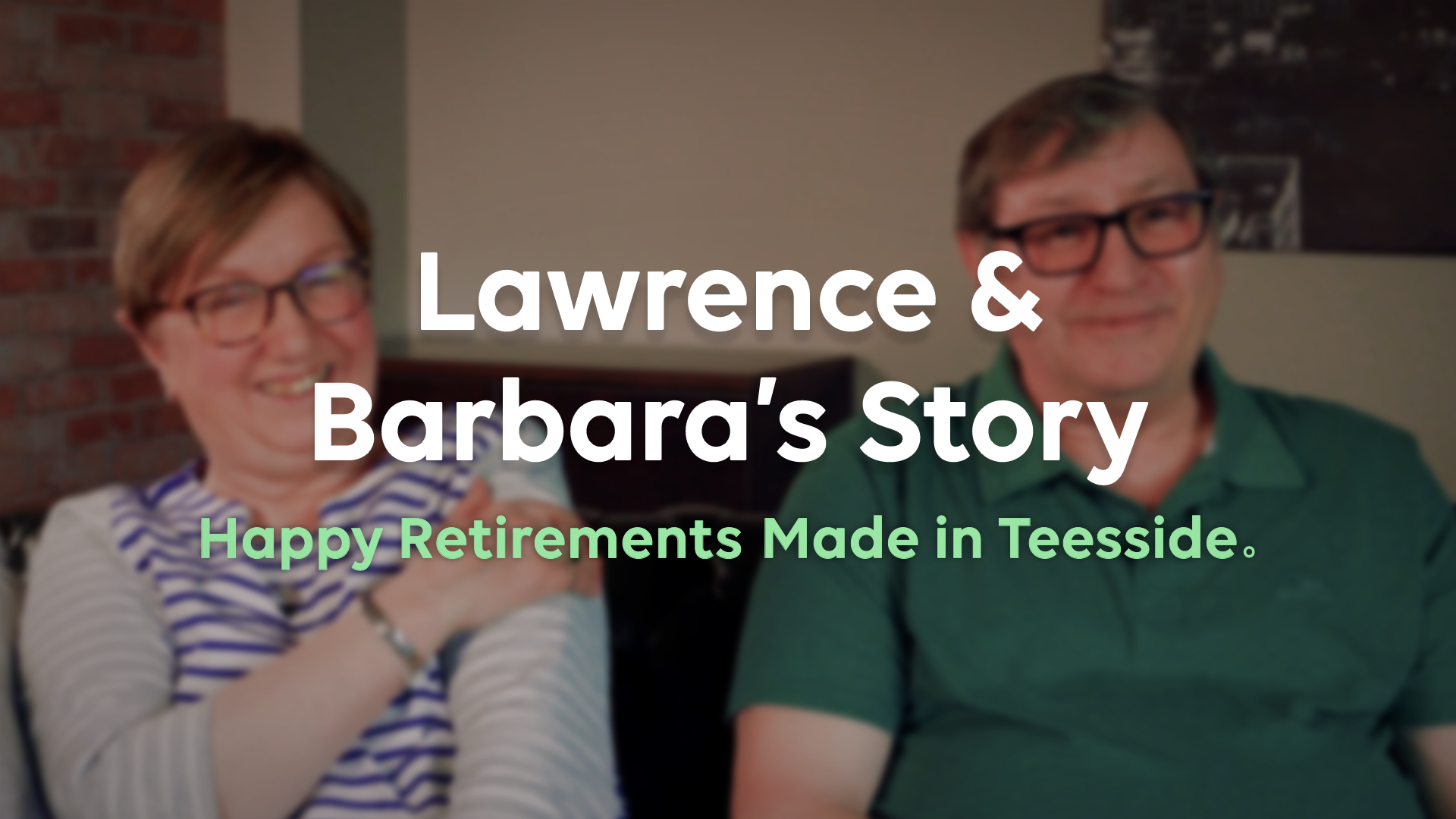A Savings Trust is a legal arrangement where assets (such as cash, investments, or property) are held and managed by a trustee for the benefit of specified beneficiaries. This setup can help protect your savings, offer tax advantages, and ensure your funds are managed according to your wishes.


What Is a Savings Trust?
How Do Savings Trusts Work?

How Do Savings Trusts Work?
- Setting up the Trust: A Savings Trust is set up with a legal document (called a trust deed), which names your trustees, beneficiaries, and sets out how the trust should be managed and how the assets will be distributed.
- Transferring your assets: You move assets — such as cash, investments, property, or other valuables — into the trust. Once in the trust, these assets are legally owned by the trust, not by you personally.
- Trustee management: Your chosen Trustees are responsible for managing the trust’s assets, making investment decisions, keeping records, and making sure the trust is run according to your wishes.
- Distribution of assets: The Trustees pass on the assets or income to your beneficiaries as set out in the trust deed — either at set times, when certain conditions are met, or as agreed in the trust terms.
4 Types of Trusts That Can Hold Savings in the UK

4 Types of Trusts That Can Hold Savings in the UK
- Bare Trusts: In a Bare Trust, your chosen beneficiaries have full rights to the assets and any income. These are often used when passing on savings to children or grandchildren, with the trust holding the assets until they reach adulthood.
- Discretionary Trusts: With a Discretionary Trust, your trustees decide how and when the assets are distributed. This gives flexibility to support beneficiaries based on their individual needs and changing circumstances.
- Interest in Possession Trusts: Beneficiaries receive income from the trust’s assets, but not the assets themselves. This can provide a regular income stream while preserving the capital for future beneficiaries.
- Accumulation and Maintenance Trusts: Designed to help with the care, maintenance or education of children or grandchildren. Trustees can either accumulate income or use it directly for the beneficiaries’ benefit as they grow up.
- How Do Savings Trusts Work?
- 4 Types of Trusts That Can Hold Savings in the UK
How Do Savings Trusts Work?
- Setting up the Trust: A Savings Trust is set up with a legal document (called a trust deed), which names your trustees, beneficiaries, and sets out how the trust should be managed and how the assets will be distributed.
- Transferring your assets: You move assets — such as cash, investments, property, or other valuables — into the trust. Once in the trust, these assets are legally owned by the trust, not by you personally.
- Trustee management: Your chosen Trustees are responsible for managing the trust’s assets, making investment decisions, keeping records, and making sure the trust is run according to your wishes.
- Distribution of assets: The Trustees pass on the assets or income to your beneficiaries as set out in the trust deed — either at set times, when certain conditions are met, or as agreed in the trust terms.

4 Types of Trusts That Can Hold Savings in the UK
- Bare Trusts: In a Bare Trust, your chosen beneficiaries have full rights to the assets and any income. These are often used when passing on savings to children or grandchildren, with the trust holding the assets until they reach adulthood.
- Discretionary Trusts: With a Discretionary Trust, your trustees decide how and when the assets are distributed. This gives flexibility to support beneficiaries based on their individual needs and changing circumstances.
- Interest in Possession Trusts: Beneficiaries receive income from the trust’s assets, but not the assets themselves. This can provide a regular income stream while preserving the capital for future beneficiaries.
- Accumulation and Maintenance Trusts: Designed to help with the care, maintenance or education of children or grandchildren. Trustees can either accumulate income or use it directly for the beneficiaries’ benefit as they grow up.

Why Consider a Savings Trust?
Here's What Our Clients Are Saying
Frequently Asked Questions about Savings Trusts
Should I set up a Savings Trust?
While Savings Trusts offer many benefits, there can be risks, such as potential changes in tax laws, trustee mismanagement, or disputes among beneficiaries. It’s essential to seek professional advice from Estate Planning experts like Joslin Rhodes to fully understand the implications.
Who should be a Trustee?
Trustees should be individuals or professionals you trust to manage the assets responsibly and according to your wishes. Common choices include family members, close friends, or professional trustees such as solicitors or financial advisers.
How do I set up a Savings Trust with Joslin Rhodes?
Simply get in touch for a free one-to-one consultation. During this meeting, our Financial Planner will review your circumstances and, if a Savings Trust is appropriate, explain all associated costs and next steps.
Are there ongoing costs associated with Trusts?
Yes, there may be costs for setting up and managing a Trust, such as legal fees, trustee fees, and annual tax charges for certain trusts. We’ll talk you through all the ongoing costs though before you proceed.
Can I change or cancel a Trust once it’s set up?
It depends on the type of Trust. Some, like Discretionary Trusts, can be flexible, while others, like bare trusts, are more rigid. Our local team can help you set up the right trust for your needs.





